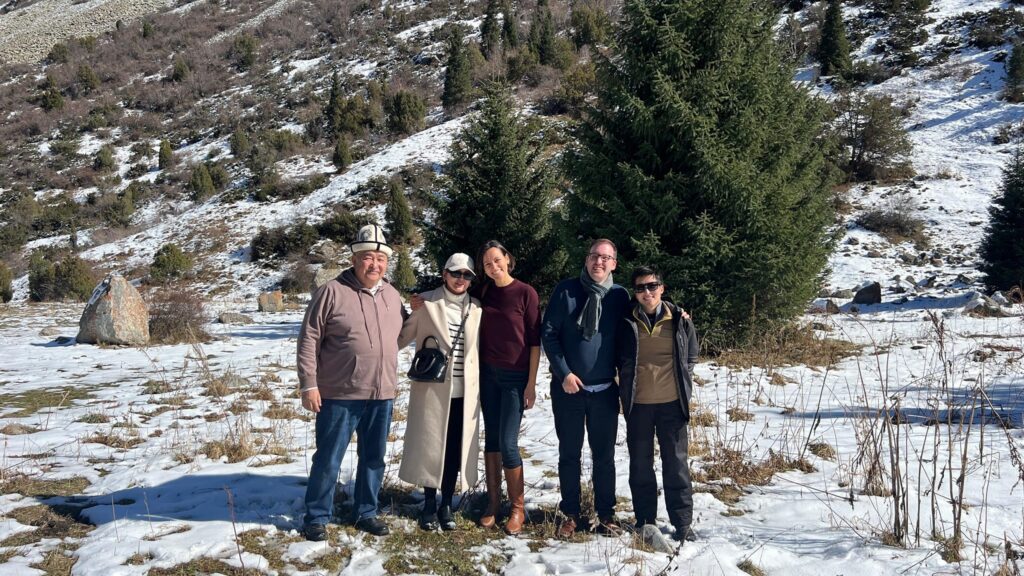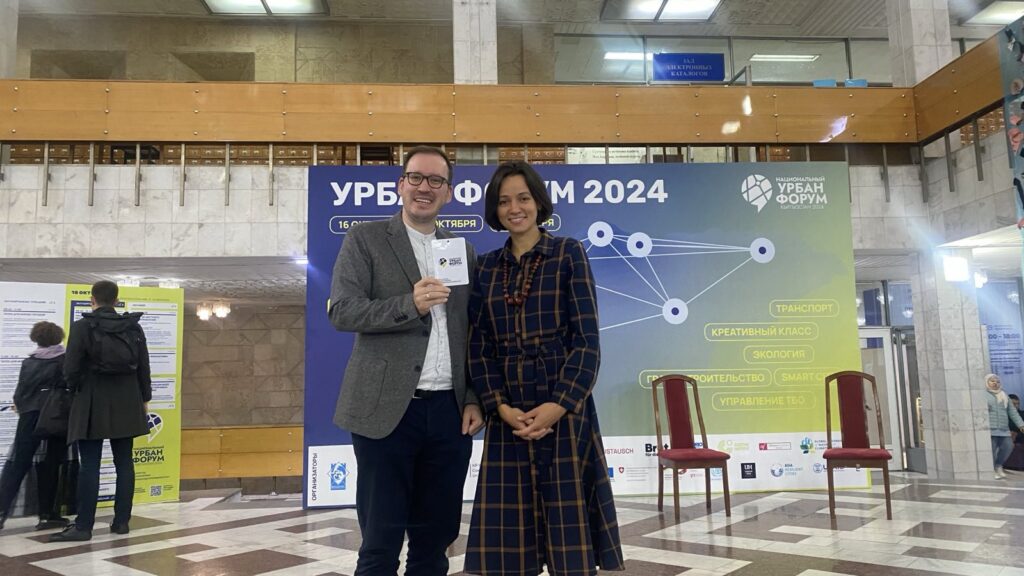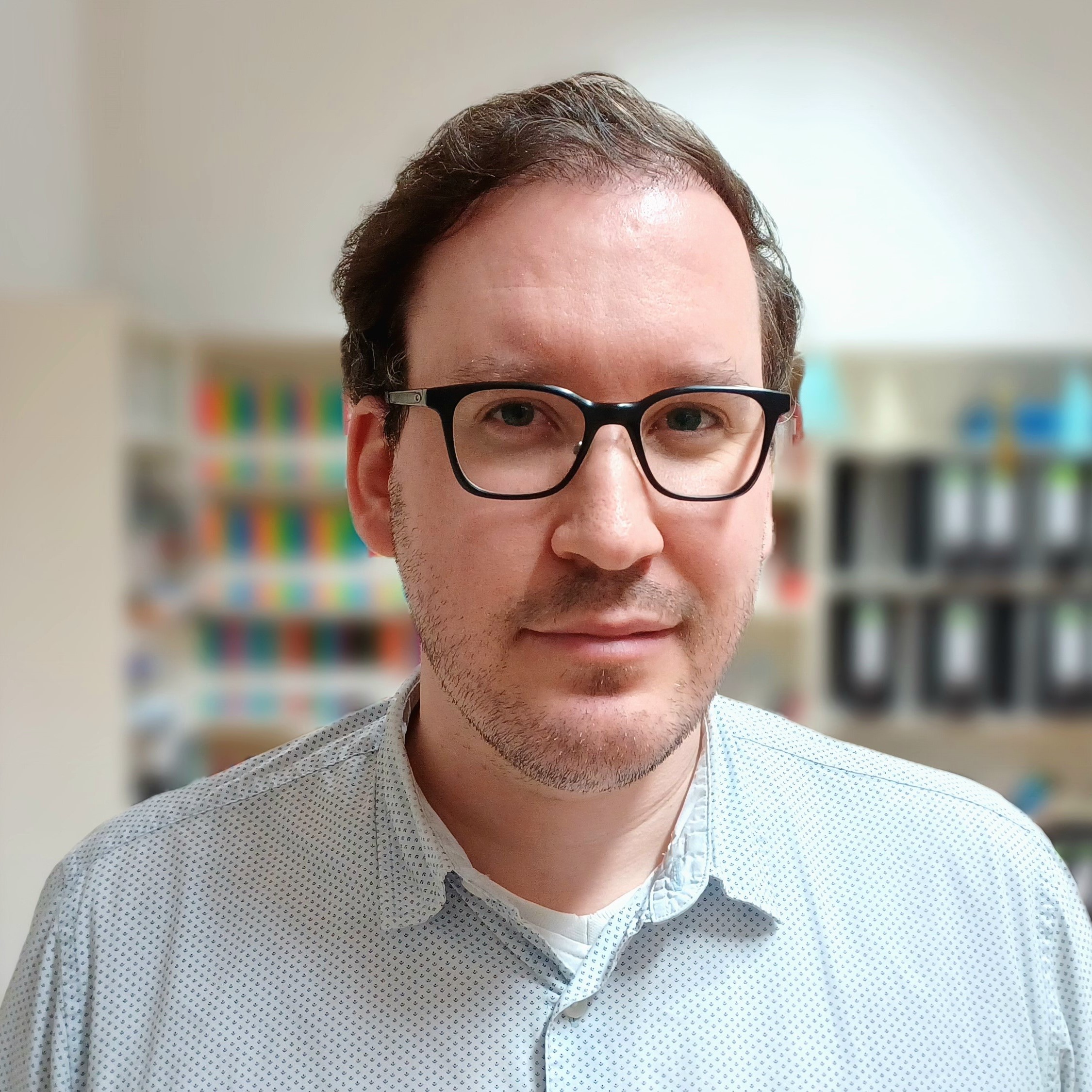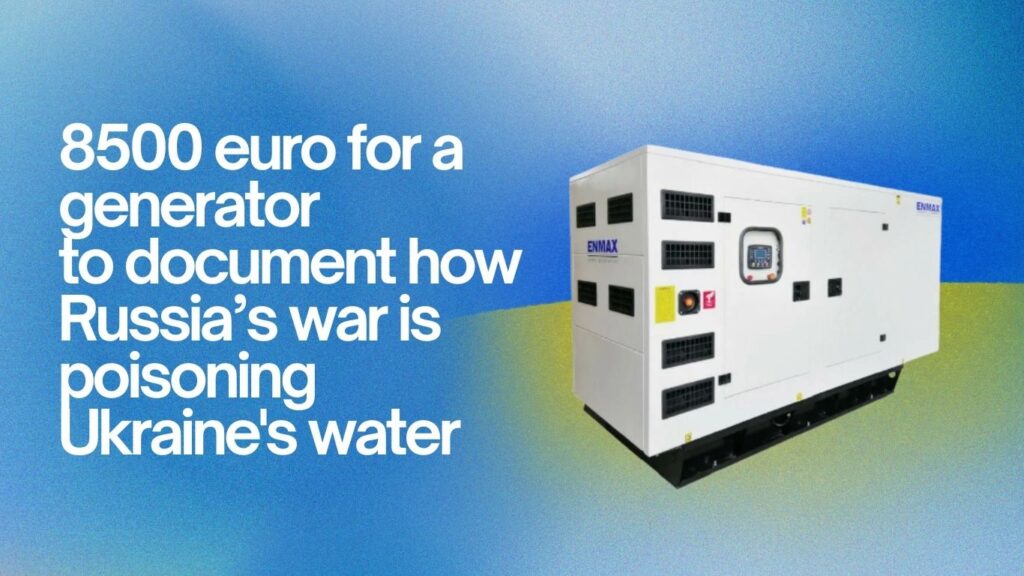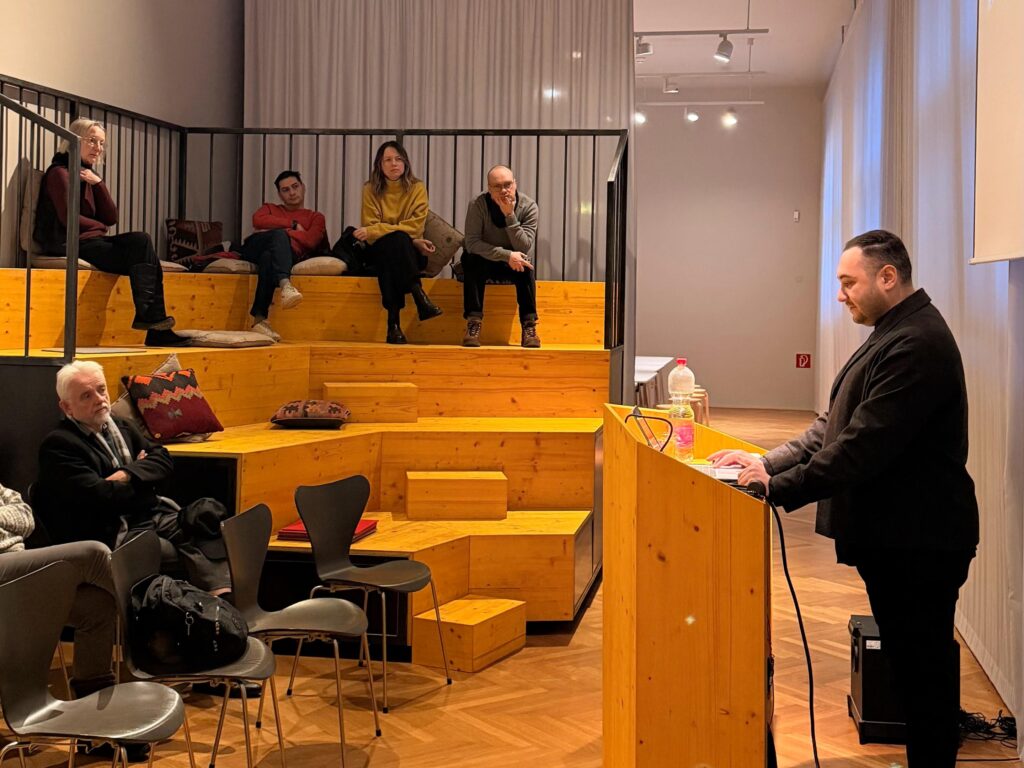Austausch e.V. Co-Organizes the National Urban Forum 2024 in Bishkek, Kyrgyzstan
From October 16 to 18, Austausch e.V. participated in the National Urban Forum 2024, held in Bishkek, the capital of Kyrgyzstan. This major international event aimed to promote sustainable development and improve urban environments in Kyrgyzstan and the wider Central Asian region. Bishkek, like many Central Asian cities, faces significant environmental challenges, particularly in terms of air pollution. Rapid urbanization, outdated infrastructure, reliance on coal-based heating, and vehicle emissions have contributed to deteriorating air quality, which poses serious health risks to its citizens. These issues make environmental protection a key priority on the region’s ecological agenda.
Representing Austausch e.V. at the forum were Jacob Riemer, Second Director, and Irina Bukharkina, Programme Director and Lead of Project Teams. The forum was co-organized by MoveGreen, Austausch e.V., Bread for the World and other donors, as part of the project “Strengthening the NGO Network ‘EkoNet’ for Climate and Environmental Protection in Eastern Europe and Central Asia.”
During the forum, Jacob Riemer delivered a presentation titled “Environmental Safety of Cities: Austausch’s Experience in Eastern Europe and Central Asia.” He focused on Bishkek’s urgent air pollution problem and explored how lessons from Germany’s approach to reducing urban pollution could be applied locally. Bishkek, with its growing population and aging infrastructure, struggles with high levels of harmful particulate matter (PM2.5, PM10) and nitrogen oxides (NOx), primarily due to vehicle emissions, coal-based heating systems, and industrial pollution.
Jacob emphasized that Kyrgyzstan has ideal conditions for transitioning to clean energy, noting that the country enjoys twice as many sunshine hours as Germany and has excellent wind conditions. He pointed out that these resources offer great potential for solar and wind energy, positioning Kyrgyzstan to become a leader in renewable energy in the region.
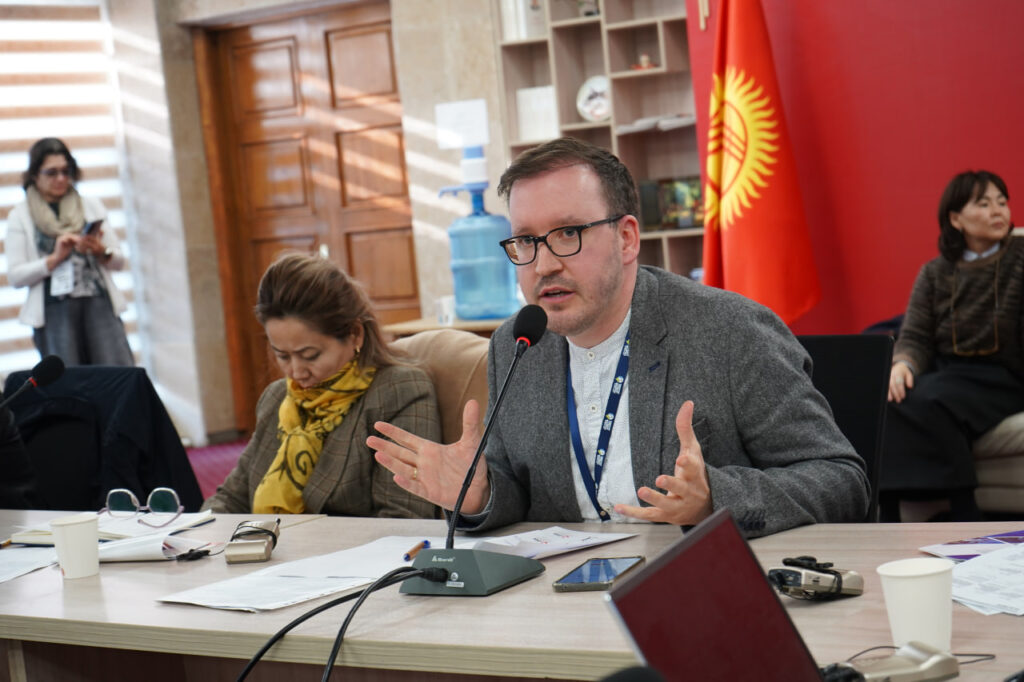
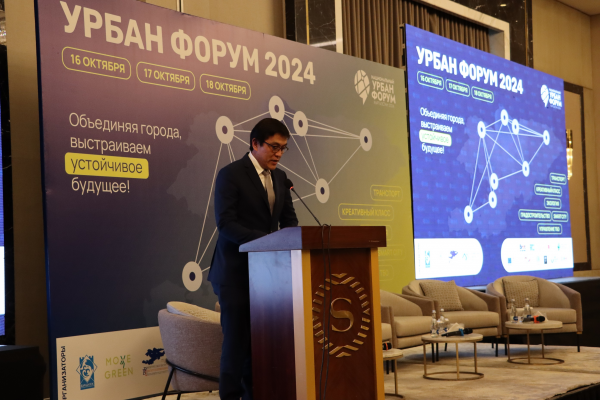
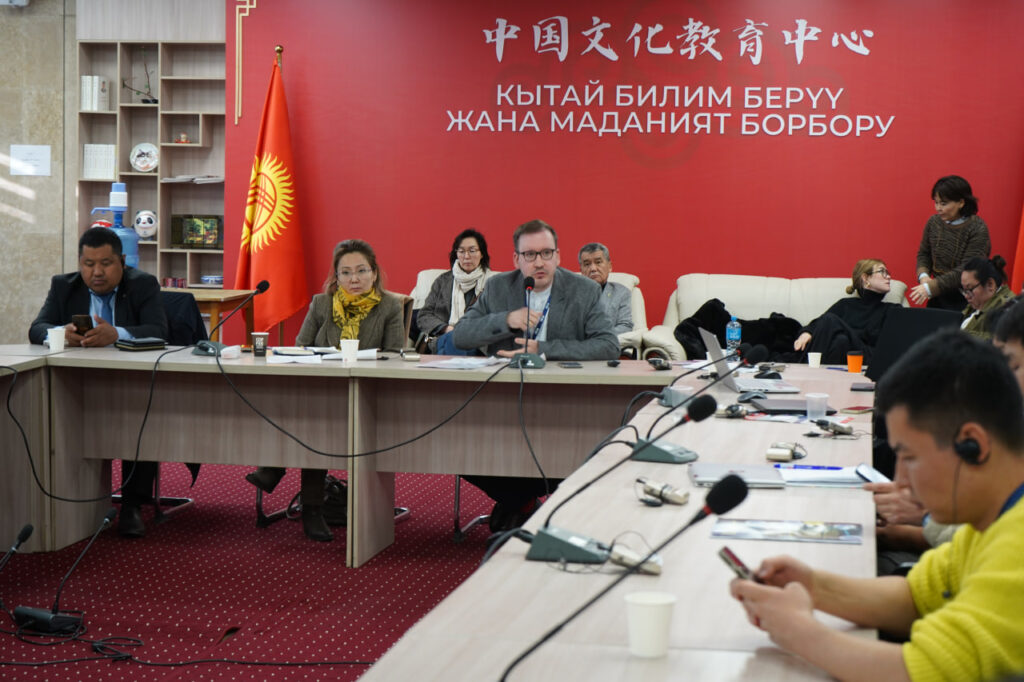
Jacob outlined several key recommendations for enhancing air quality based on successful strategies from Germany:
1. Promotion of Energy-Efficient Technologies: He stressed the need for enhancing the use of modern filtration technologies to further reduce industrial emissions in Bishkek. Jacob recommended strengthening collaborations with international development institutions such as GIZ, KfW Development Bank, and other international development institutions to support projects that improve emission control systems. He also suggested expanding incentives for energy-efficient construction and retrofitting of buildings to reduce reliance on coal heating.
2.Public Transport: Jacob highlighted the crucial role of an attractive public transport system for reducing traffic-related emissions. He encouraged participants to continue exploring and expanding such initiatives to further reduce dependence on private vehicles and curb urban pollution.
3. Transition to Renewable Energy: Building on Kyrgyzstan’s abundant solar and wind potential, Jacob urged the country to enhance its focus on clean energy projects. By leveraging its favorable conditions, Kyrgyzstan can accelerate its shift to renewable energy for both heating and electricity generation.
4. Public Awareness and Specialist Training: Jacob emphasized the importance of ongoing public awareness campaigns to educate citizens on the benefits of clean energy and energy-efficient practices. He also advocated for expanding training programs to build local expertise in the installation and maintenance of renewable energy systems, such as solar panels.
In his speech, Jacob also recognized the positive role of Kyrgyz Civil Society Organizations, particularly MoveGreen, in raising awareness about environmental challenges and driving local action. These organizations have been instrumental in educating the public and advocating for stronger environmental policies, playing a key role in pushing the ecological agenda forward.
In addition to the presentation, Jacob and Irina engaged in productive meetings with partners and organizations active in environmental protection, climate change, and inclusion. These discussions focused on fostering new collaborations and strengthening existing partnerships to support ecological and inclusive development in the region.
“Supporting the National Urban Forum was an important step for us because sustainable urban development requires collective efforts. We see great potential in partnering with Kyrgyzstan’s civil society to tackle environmental challenges. Our experience in Eastern Europe can help bring successful practices to Central Asia,” said Jacob Riemer.
Austausch e.V. remains committed to promoting sustainable urban development, and their participation in the forum underscores their dedication to addressing environmental challenges and improving the quality of life in cities across Central Asia.
